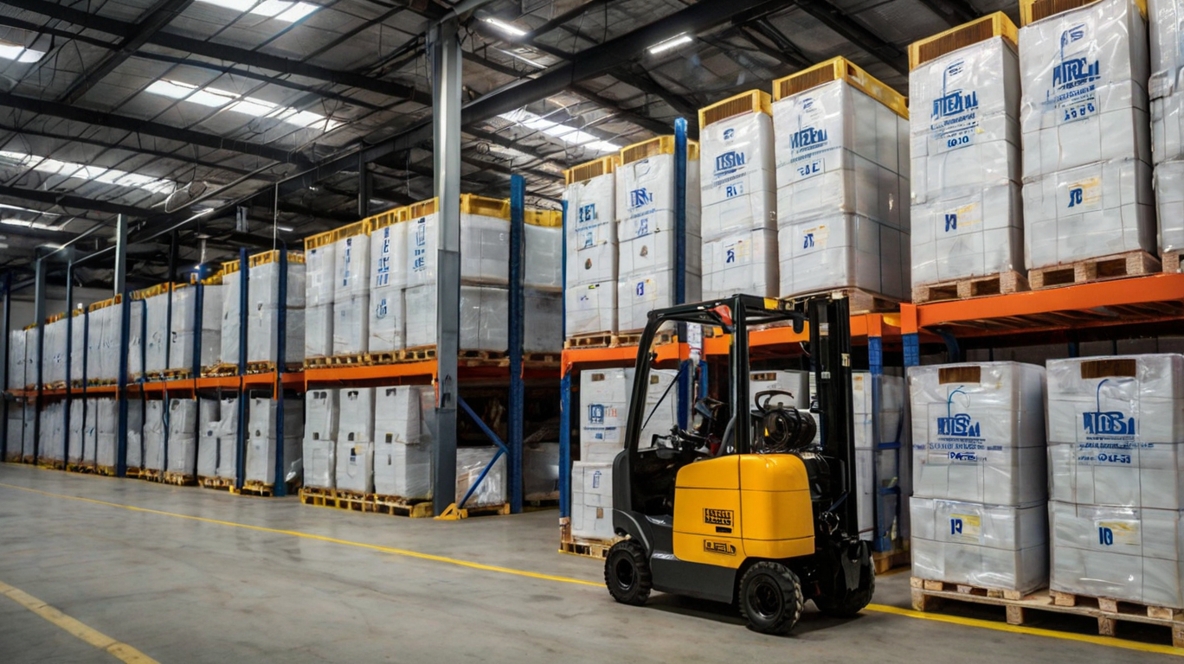Indonesia, with its growing economy and expanding middle class, is poised to see significant growth in its cold storage market by 2025. As the demand for perishable goods, pharmaceuticals, and frozen foods continues to rise, cold storage facilities play an essential role in meeting these needs. With advancements in technology, investments in infrastructure, and a focus on sustainability, the cold storage market in Indonesia is set to experience robust expansion.
Key Drivers of Growth
The primary driver of growth in Indonesia cold storage market is the increasing demand for fresh and frozen food. As the middle class grows, more consumers are seeking convenience and quality in their food choices. This is reflected in the growing popularity of supermarkets, hypermarkets, and online food retailers, all of which rely heavily on cold storage to maintain the integrity and freshness of products. Furthermore, the agricultural sector, which is a significant contributor to Indonesia’s economy, depends on cold storage to preserve perishable goods like seafood, fruits, and meats for domestic consumption and export.
In addition to the food industry, the pharmaceutical sector is another key driver. The distribution of temperature-sensitive medications, including vaccines and biologics, requires sophisticated cold storage facilities to ensure product efficacy and safety. As Indonesia’s healthcare infrastructure improves and access to medical treatments grows, the demand for temperature-controlled environments in the pharmaceutical supply chain will continue to rise.
Technological Advancements in Cold Storage
Technology is playing a crucial role in transforming the cold storage industry. By 2025, we are likely to see widespread adoption of automation and smart technologies, which will significantly enhance operational efficiency and reduce costs. Automated warehouses, for instance, can optimize space usage, manage inventory with greater accuracy, and improve product handling.
Moreover, the integration of IoT-based systems is improving the monitoring of temperature and humidity levels, ensuring that products remain in optimal conditions throughout the supply chain. This level of precision helps businesses comply with strict regulatory standards and reduces the risk of spoilage, which is crucial for perishable goods.
Energy efficiency is another area where technology is driving growth. The use of renewable energy sources, such as solar power, to power refrigeration systems is becoming more common, addressing both the cost and environmental concerns associated with traditional cold storage methods. These innovations will not only make cold storage facilities more sustainable but will also enhance their long-term viability.
Infrastructure Expansion
As Indonesia’s economy continues to grow, the cold storage market is expanding beyond major urban centers. While cities like Jakarta, Surabaya, and Bandung already have well-developed cold storage infrastructure, the need for such facilities in rural areas and smaller cities is rising. This growth is driven by the increasing demand for both domestic food supply and exports.
The government’s focus on infrastructure development, including logistics and transportation networks, is also supporting this growth. Investments in better connectivity will help reduce the costs associated with transporting perishable goods and will improve the overall efficiency of the cold storage supply chain.
Challenges and Opportunities
Despite the promising growth, there are still some challenges facing the Indonesia cold storage market. One major issue is the high cost of building and maintaining advanced cold storage facilities, especially in remote areas. However, these challenges also present opportunities for companies to innovate and collaborate on solutions that make cold storage more affordable and accessible.
Fore More Info : – https://www.gmiresearch.com/report/indonesia-cold-storage-market/
Conclusion
The cold storage market in Indonesia is on a strong growth trajectory, driven by increasing consumer demand, technological advancements, and improved infrastructure. By 2025, Indonesia will have a more efficient and sustainable cold storage network, offering opportunities for businesses across various sectors, including food, agriculture, and pharmaceuticals. The ongoing investments in infrastructure and innovation will continue to drive the market’s growth, positioning Indonesia as a key player in the regional cold storage industry.
Company Name: GMI RESEARCH
Email: enquiry@gmiresearch.com
Address: Dublin, Ireland
Website: https://www.gmiresearch.com/
GMI Research – Consulting & Market Research



